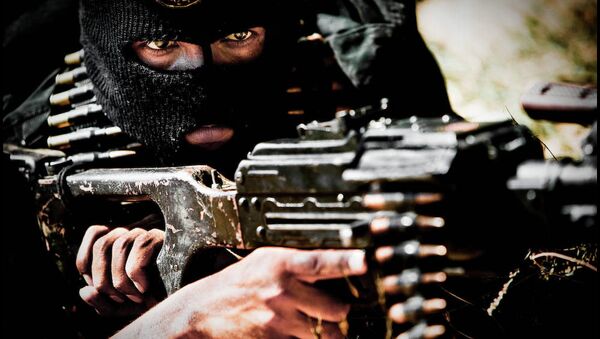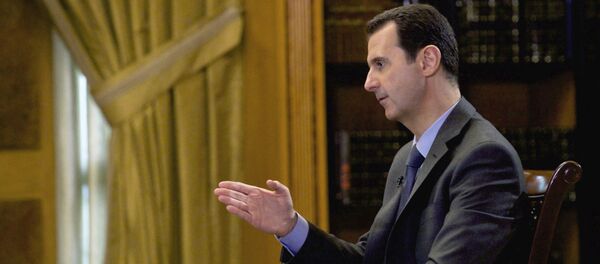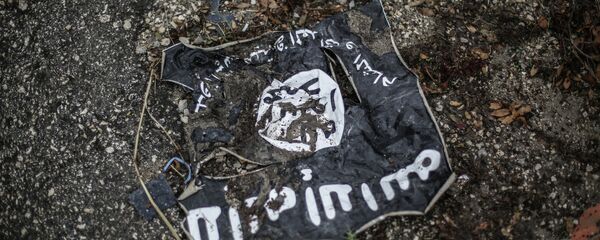Piketty, who has previously written about the uneven distribution of wealth in the world, believes that while there are a number of factors at play, the entrenched inequality and high concentration of oil wealth within Middle Eastern countries are significant factors driving the support of jihadist and terrorist groups in the region.
Setting out his argument in French newspaper Le Monde, Piketty believes that the political and social systems of the Middle East have been made fragile due to the fact that a small number of countries own a majority of the region's wealth, and that wealth is unevenly divided among those countries.
He calculated that oil-wealthy Middle Eastern countries, consisting of Qatar, the United Arab Emirates, Kuwait, Saudi Arabia, Bahrain and Oman, account for only 16 percent of the region's population, but close to 60 percent of its gross domestic product (GDP).
He says that such inequality makes the Middle East region the "the most unequal on the planet."
Then to make matters worse, Piketty says that even in the oil-rich countries, the wealth still isn't evenly shared, with many parts of the population, including women and refugees, held in a state of poverty and "semi-slavery."
Western Intervention Also to Blame
While arguing that the inequality across the Middle East, shown through the various political and social structures, is a major driving factor in terrorism, Piketty also blames a series of western military interventions in the region for consolidating the wealth in the hands of the very few and leading many to experience the horrors of war.
Thomas Piketty blames inequality for the rise of ISIS. https://t.co/k5sodJ5gkO
— Blake Hounshell (@blakehounshell) December 1, 2015
He argues that exposure to constant poverty and a sense of suppression, along with the stresses of war and suffering, create a "powder keg" for terrorism and lead many to justify the use of violence as a way of protesting against their situation.
He also is also particularly critical of western support for abusive regimes.
"These are the regimes that are militarily and politically supported by western powers, all too happy to get some crumbs to fund their [soccer] clubs or sell some weapons. No wonder our lessons in social justice and democracy find little welcome among Middle Eastern youth."
Terrorism Needs to be Fought Economically
In a dramatically different approach to the one currently being initiated by western governments, Piketty believes that terrorism and inequality are ultimately linked, and as a result need to be combated economically.
He says western nations should show that they are more concerned with the overall social development of the region, rather than their own financial and strategic interests, as a way of winning credibility in the region.
According to a research paper co-authored by Piketty last year, he found that the richest 10 percent of people in the Middle East held over 60 percent of the wealth, while the top one percent held more than 25 percent of the wealth.
This inequality, according to Piketty, exceeded that in the US, where the top one percent held 23 percent of the wealth and western Europe, where the top one percent had 11 percent of the wealth.






